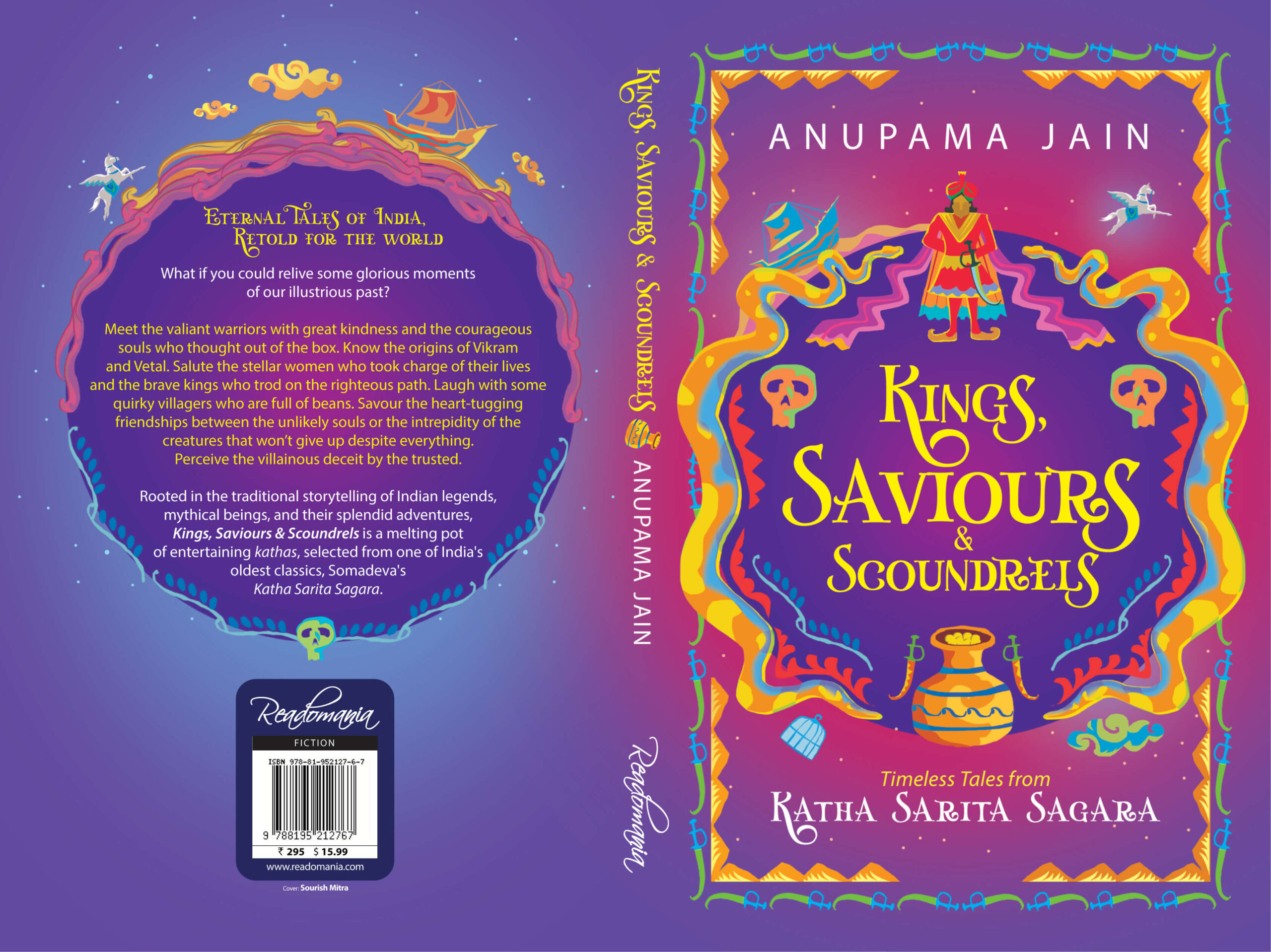In this poignant verse, Dr. Nandini paints word-images of Udayagiri, a small town where she grew up. An autobiographical poem with layers of meanings, exclusively for Different Truths.
Growing up in Udayagiri, my Utopia, a sleepy, small town in central Odisha, India, was just like growing up amid the ruins. It was love that kept us alive. We learnt juvenile that one law that binds or bends or fructifies all of us is love. Mornings at Udayagiri. “Akashvani, the newsreader Gouranga Charan Rath welcomes you...”. We merely listened to the voice, imagined a pot-bellied bald man with chicken pox marks on his face reading news while scrubbing his back. Rains were awful, power cuts for weeks, incessant rains, mountain rains with thunderstorm, eerie wind. Mother was prepared with her kerosene stove for a minimal meal of rice and dalma with pickles and papadam, since her soil-hearth was wet for days. The open drain in our courtyard, water splashing, flooding like Mahanadi in Cuttack, was a pleasure to us and a never-ending penalty for our maid Tintu-maa all the time scrubbing water with a broom and grumbling. Time was flooding somewhere between yesterday and today, amid our ancestral blessings of defeat and loss. Is today an answer to yesterday? Water lingered in Siriki dam, Dugudi, Christian Mountain Nua street, Pathan street, market square, Mahaguda street and MMC hospital, the only one in the district where doctors from the U.K. made occasional appearances giving hope to the poor and the faith to the agreeable. My youngest siblings were privileged to see the light of life there. Hours and places, now beyond the recognition of time. Like a speech diction-less, without a meaning. Or the nameless shrubberies of the Himalayas. After days and days of rain, as the sun was about to disappear from our faces, cockroaches and dragonflies taking over our kitchen and bedposts, we pretend with books inside the compulsory mosquito-net, one evening, Gouranga Charan Rath again, “Akashvani…”. From one end of Udayagiri to another, Mili bayani’s or Meraj baya’s rough hands exploding, exploring the ruins of rain, marvelling at the town’s weak fortifications. The water was receding everywhere -- Udayagiri, Daringbadi, Kumbharkupa, Kanabageri, Badanaju, Malikapori, Kalinga and further down at Bhanjanagar. During such nights, I never slept, just counting the legs of a peeled-off bleached cockroach, perched like a dinosaur on the top of my head above the mosquito-net. Thinking of the low-lying homes and flooded fields where nothing grew except weeds, I sighed. That night I almost heard the deep hollow words echo inside my sister’s disturbed sleep, against her dream of roaring waters, and half-drowned voices of my dead brother and deceased neighbours – Babu, Guni, Bapuni – the wailing of their mothers in a sing-song voice. And saw my mother’s loss of her only son in her under-eye dark circles. As I prepared myself for the lingering night’s sleep, my sister whispered, “Did you hear something?” Pulling our pooled quilt over my face, I said, “Didi, you may sleep – Udayagiri is safe now.” She had a reticent sleep. At night, in the culmination of the rain, we could perceive the stars, the moon, round and full, wearing a romantic small rainbow tiara and enjoying its embryonic telluric privileges while sketching the disposed waters to the ambitious blue. Ambitious? No, Udayagiri was far from all ambitions. It never is. But the morning sun was. After months and months of rain, an ambitious wintry sun. Udayagiri had nothing to do with the rich ancient maritime history of Odisha. The damp, black evenings were like faces of onus; the rainstorm of our sins wailed in the form of jackals from the mountains all around. In the photographs of my insomniac eyes, the sounds of my hurt wandered. I learnt the alphabet of silence and patience without animosity, anger, or pretense from Udayagiri winters. Udayagiri, the Darjeeling of Odisha. Were there only two seasons in Udayagiri? The rain and winter? The ambitious sun always remained lenient, hiding in the darkly begotten womb of dense forests of Kalinga Ghat. Summer was the other name for Spring. Beige birds sang pleasantly from behind the leafless gulmohar trees, loaded with red flowers. On my way from school, miming and nagging a cuckoo to yell, forgetting her sweet voice. I enjoyed that game. A game that makes me livid now elsewhere in the metropolis. My tissues are aerated with echoes of the chirping birds of Udayagiri till today; I am christened. I was christened. All along it has been there. I feel its existence, but not sure of the space it has occupied in my being. Growing up among the ruins, patiently, I have become mature in the art of frolicking with my shadow till sundown. Each dark night, it creeps under my door, that feel of love and the sense of loss borrowed from Udayagiri. I feel its rustle, but cannot touch it. Sense its breath through the walls, thinking of the walls of our Golla Street house, the timeless patches on the walls like illusory shadows of elephants, zebras or a mad woman’s ruffled head or a dog barking or yawning. Breathing shadows. In darkness I touch and feel the ruins. Ruined pillars, archways, moth-destroyed wedding albums. Sultry, sticky cream-powder-comb boxes. Detached parents and sisters. I draw a portrait in the sky. It senses my anguish. The heavens descend with their quills. Failing to get its clue, I sulk, shrivel, and wilt.
Visual by Different Truths





 By
By
 By
By

 By
By